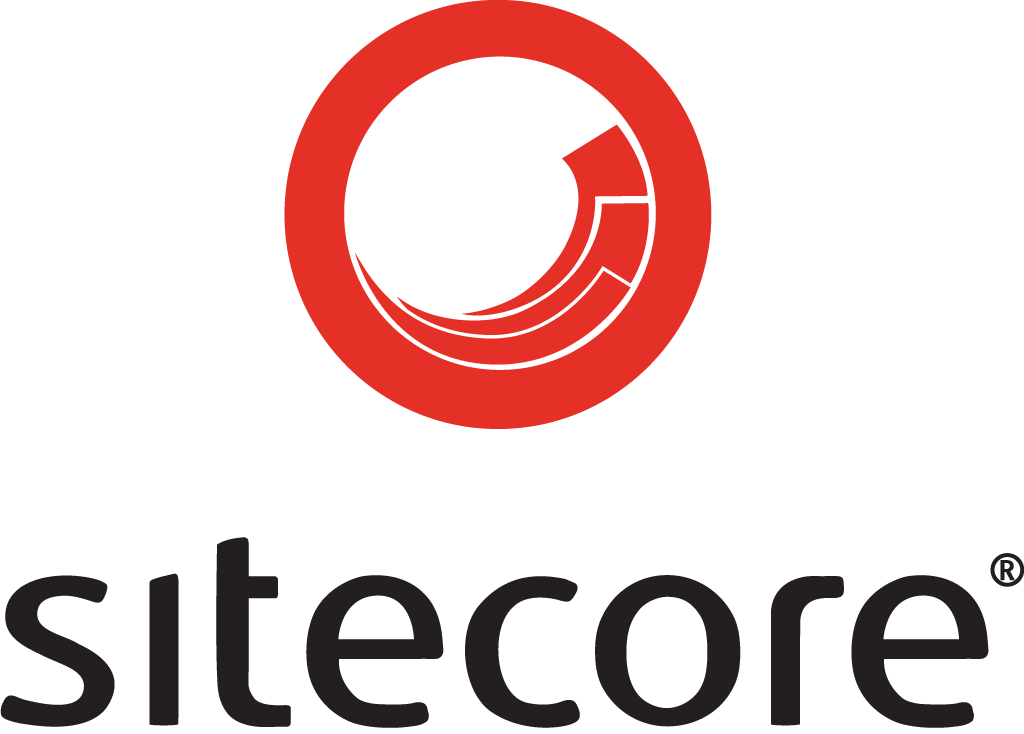
With such a vast array available, it could be overwhelming when looking to select a CMS (content management system). So, in this series, we want to help you choose which CMS will work best for you.
As a development agency, we work closely with various CMS's that are currently on the market, along with the expertise of our in-house developers we know a thing or two about which work best of which businesses.
To kickstart the series off we're talking about Sitecore.

Sitecore is considered by industry experts as one of the best CMS platforms in the world due to it offering a wide array of benefits that allows businesses complete flexibility in order to help reach their sales goals.
Created back in 2001, the .NET based content management system has matured into a comprehensive digital experience platform and now specialises in the following four main solutions:
Sitecore Experience Platform: Aside from being an advanced CMS, Sitecore combines additional solutions for real-time personalization, automation in marketing, capturing data, and also analytics.

Sitecore Experience Commerce: Extended functionality allows us to blend the eCommerce processes with other user data and content to cement stronger connections with customers.
Sitecore Experience Manager: This is the perfect solution for omnichannel content delivery from a single platform to other various devices, displays, and channels.
Sitecore Content Hub: Marketing content brought together by a very efficient integration with content marketing platform, marketing resource, and digital asset management tools.
Overall Capability and Functionality:
Sitecore advanced its functionality from a CMS solution of the user being allowed to create, edit and publish content into a rather powerful digital experience platform with several advanced features such as headless content delivery, campaign creation, path analysis, and advanced commerce storefront.
Flexibility:
This is the area where Sitecore development can easily compete with others on the market. It’s built with dependency injections, developers can pretty much replace any of the classes, rewrite how the default features or and even export customized functionality.
Scalability:
Developers have so many opportunities to provide improved performance and very high flexibility due to the perfectly scalable data storage. Sitecore can also scale either vertically or horizontally as well as running as its own standalone environment.
Robust API:
Should you apply any RESTful APIs, it ensures the implementation of customer intelligence and web content management into further advanced applications. Sitecore can handle multiple call types, returns different data formats, and changes structurally.
Deployment Options:
Based on the organization requirements, companies tend to opt for on-premise or cloud deployment. With Sitecore, you can switch to a fully managed environment with Microsoft Azure-hosted infrastructure or select self-managed cloud deployments.
Cost:
Now, while you can vary licensing options, Sitecore still remains as one of the most expensive in comparison to other leading market competitors. Sitecore is often a better option for large scale organizations that aren’t necessarily limited by budget and would be more interested in add-on functionality.
Support:
Sitecore subscriptions include the standard maintenance. But should you want 24/7 support this only comes with additional fees. For example, if you don’t opt for priority support then you could be waiting up to a whole business day to get a response back for even a critical request.
Transition Process:
Sitecore offers several different training programs for the likes of Marketers, commerce managers through to developers. However, these also come at a cost with some charges up to $5000. Each developer also has to validate their skills with the Sitecore certification, with the assessment registration costing $300 per developer.
Availability of Developers:
Due to its increasing popularity, development services for Sitecore are in high demand, this is down to the lengthy transition process that we just mentioned. Therefore it takes some time to find a developer that you may need that meets all the requirements you’re searching for.
Sitecore Architecture:
Website Development: Being a .NET development platform, any team taking on a website build that includes Sitecore needs to be proficient in such Microsoft technologies such as, .NET framework, C#, .NET Core, ASP.NET MVC, Web API.

We hope that this little run down has answered some questions regarding Sitecore CMS. The use of the platform can help provide your business with a competitive advantage that allows you to translate website visitors into leads and push them along the sales funnel.
Here at Cold Banana, we have in house Sitecore developers who have worked with the CMS for many years. Should you still have any more specific questions or queries regarding the use of Sitecore just get in touch with us and we will be more than happy to chat with you.
